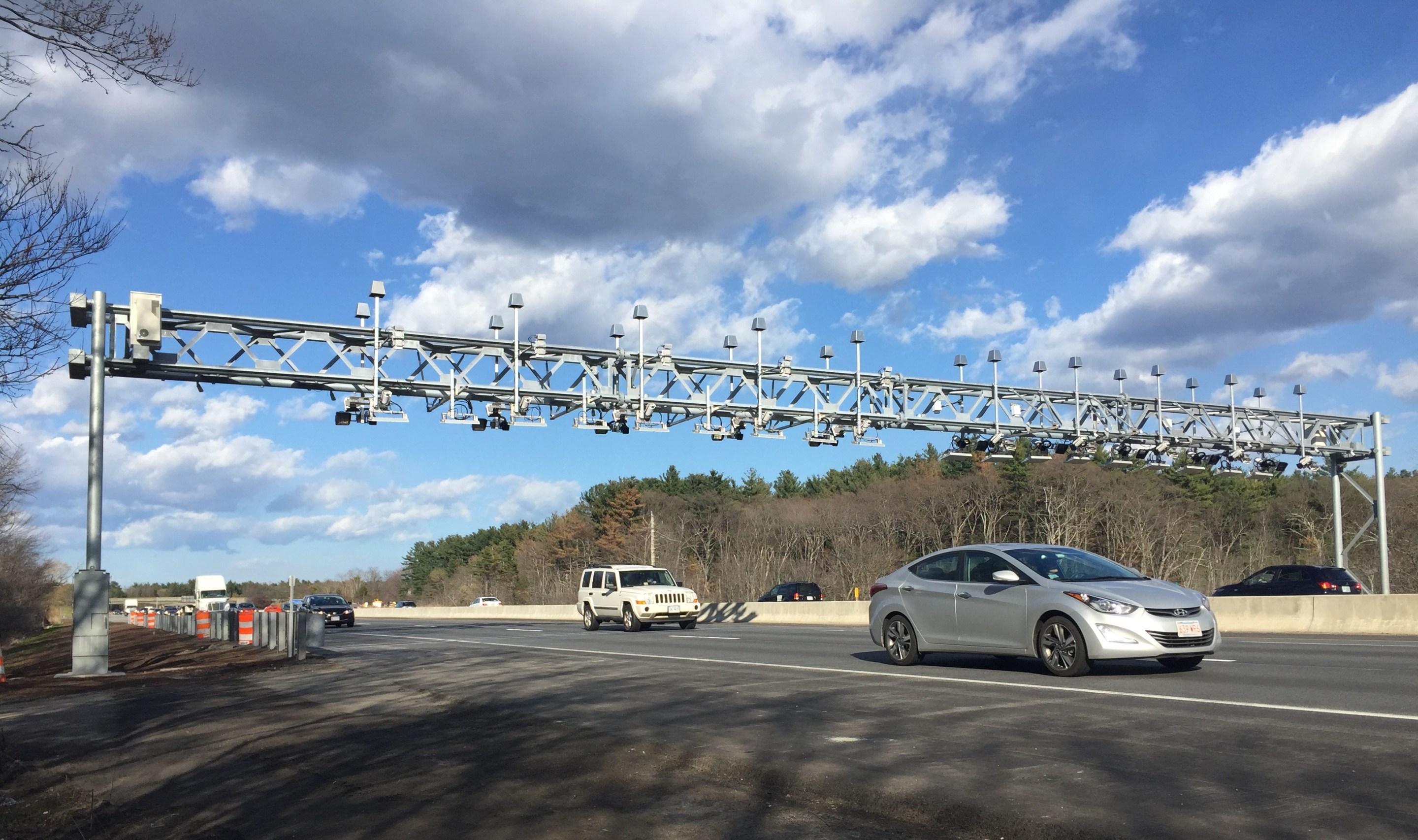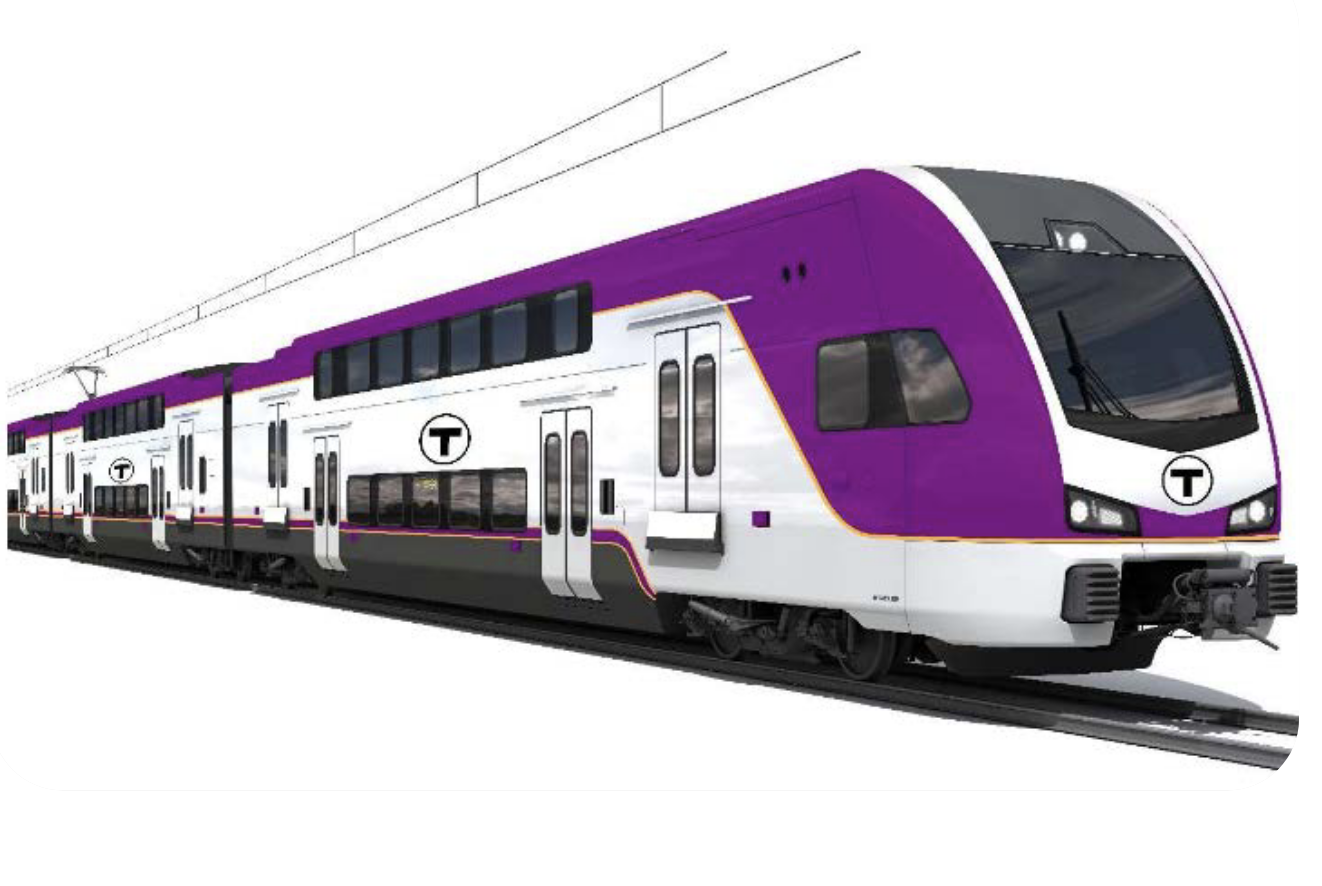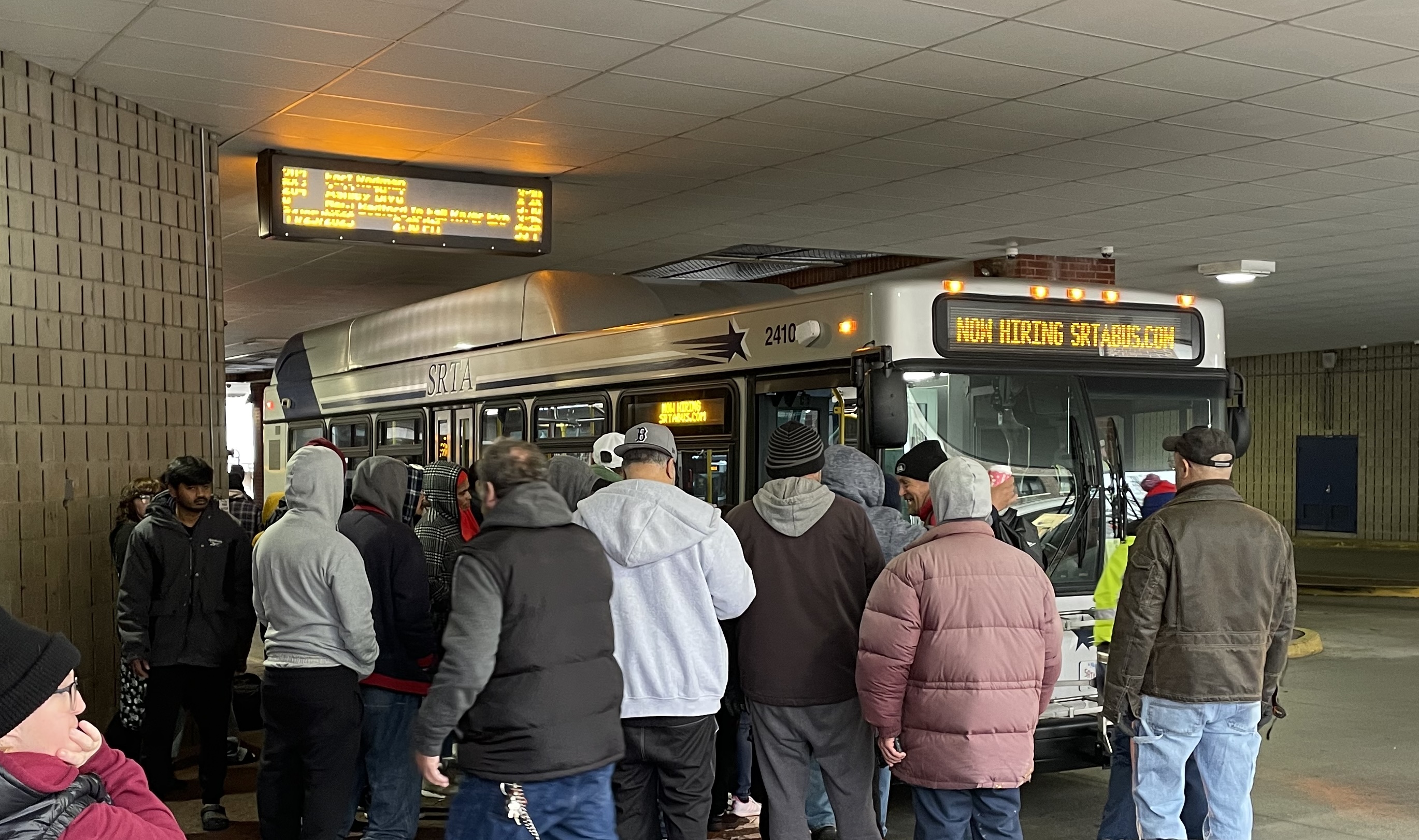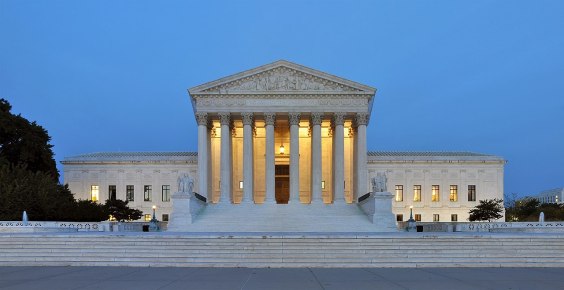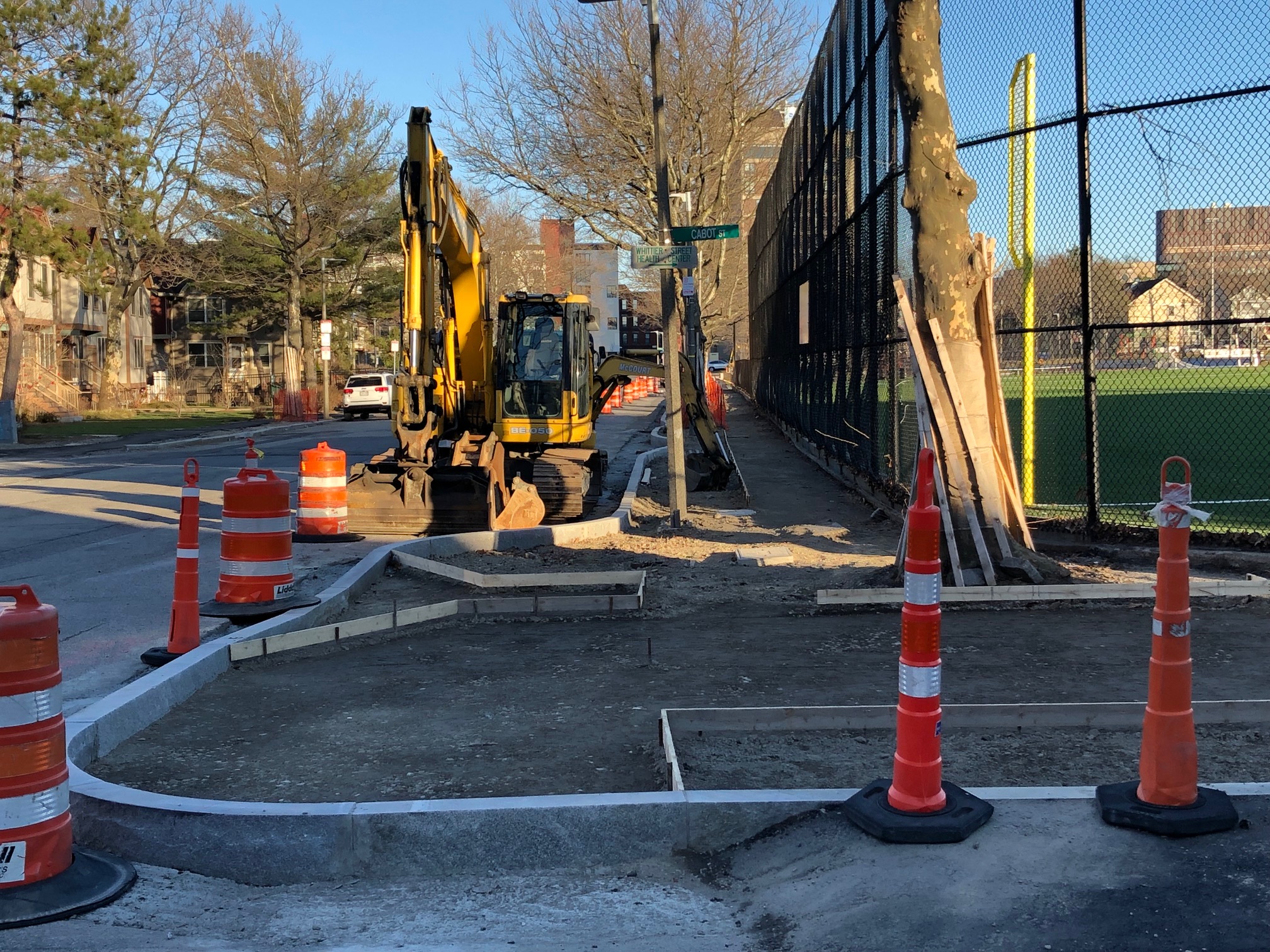As legislators on Beacon Hill start working on a new transportation funding bill this week, business groups and sustainable transportation advocates are finding common ground on proposals to raise new funds for the state's transportation infrastructure with new fees, taxes and tolls on motor vehicle users.
This morning, the Massachusetts Business Coalition on Transportation, which includes 28 regional Chambers of Commerce and industry groups from across the entire state, released the results of an internal survey of its members that gauged support for various new revenue proposals that could help finance the state's transportation infrastructure.
The survey revealed strong support for a "21st Century Roadway Pricing Task Force" that would spend a year studying and preparing an implementation plan for new electronic tolling gates and new toll pricing incentives that could help manage highway congestion throughout the state.
About 85 percent of the surveyed coalition members also expressed support for the Transportation and Climate Initiative (TCI) and for higher fees on app-based ride-hailing services like Uber and Lyft. About 70 percent of respondents also favored an additional 5 to 15 cent increase to the state gasoline tax.
Those ideas broadly mirror the agenda being championed by the coalition of sustainable transportation and smart growth advocates at Transportation for Massachusetts (T4MA). That group has endorsed a five-point plan for new transportation funding, including a 25 cent increase to the state gas tax, implementation of TCI, congestion pricing for highways inside the 128 loop, higher fees on Uber and Lyft, and the authorization for regional ballot initiatives that would allow municipalities to finance local projects.
These policies reflect a recognition that the Commonwealth's transportation funding isn't merely about paying for new infrastructure, but also about creating better financial incentives to get more people out of cars and reduce traffic congestion.
In a presentation about its own transportation policy agenda, the Greater Boston Chamber of Commerce quotes MassDOT Secretary Stephanie Pollack, who said in December 2018 that her agency “simply must move more people in fewer vehicles if we are serious about reducing congestion and greenhouse gas pollution.”
Advocates will soon find out whether lawmakers are paying attention to these recommendations. House Speaker Robert DeLeo has reportedly set a goal of approving a new transportation revenue package in the Massachusetts House of Representatives before the Legislature recesses for the year before Thanksgiving.
